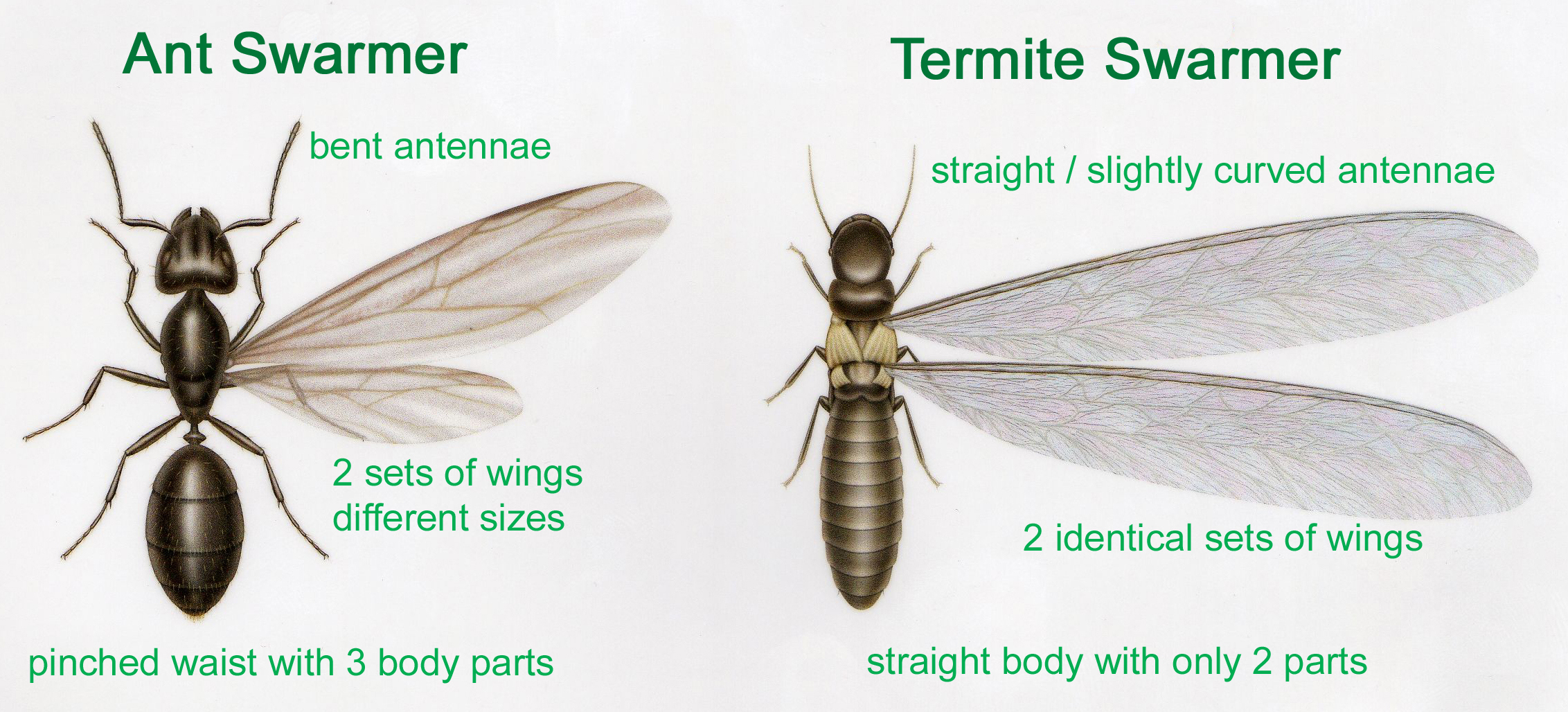Citronella ants, renowned for their pungent lemony aroma, can swiftly transform your outdoor sanctuary into an exasperating battleground. These assertive invaders have an uncanny ability to infiltrate our homes and yards, leaving behind a trail of chaos and frustration. If you’re grappling with a citronella ant infestation, fear not! This comprehensive guide will equip you with an arsenal of effective strategies to neutralize these uninvited guests and restore tranquility to your living spaces.

Image: www.reddit.com
Understanding the Nature of the Enemy
Citronella ants, scientifically classified as Leptothorax fragilis, belong to the family Formicidae. Originating from the sun-drenched Mediterranean region, these ants have successfully colonized various corners of the globe, including North America.
Citronella ants are easily distinguished by their diminutive size and distinctive lemony odor, released when disturbed. Their colonies are typically comprised of a fertile queen, countless sterile female workers, and a variable number of males.
Identifying the Weaknesses of the Citronella Ant
As we embark on the mission to eradicate citronella ants, it’s essential to delve into their vulnerabilities to outmaneuver them strategically:
>Sunlight Sensitivity: Citronella ants are inherently averse to direct sunlight, seeking refuge in shaded, secluded areas. Capitalizing on this weakness can prove highly effective in discouraging their presence.
>Moisture Vulnerability: Excessive moisture is detrimental to citronella ants, leading to respiratory problems and overall discomfort. Maintaining a dry environment can significantly hinder their survival and proliferation.
>Cold Intolerance: These ants are highly susceptible to cold temperatures and cannot endure exposure to freezing conditions. Temperature manipulation can provide a potent tool in mitigating their presence.
Devising a Multi-Pronged Attack Strategy
To vanquish citronella ants effectively, a multifaceted approach is crucial, combining prevention with elimination techniques:
>Exclusion: The first line of defense lies in blocking their entry into your home or yard. Seal any cracks or entry points with caulk or weatherstripping. Install window screens and door sweeps to prevent their infiltration.
>Trapping: Deploy liquid ant bait traps strategically to entice and eliminate citronella ants without harming beneficial organisms. Place these traps near ant trails or areas of frequent sightings.
>Chemical Warfare: Insecticides specifically designed to target citronella ants can be utilized to exterminate these pests. Follow label instructions precisely to ensure optimal efficacy and safety.
>Diatomaceous Earth: This fine, powdery substance has the ability to dehydrate citronella ants, leading to their demise. Sprinkle a thin layer of diatomaceous earth along ant trails or potential points of entry.
>Temperature Extremes: Subjecting citronella ants to extreme cold or heat can effectively exterminate them. Freeze infested items for 24 hours or expose them to intense heat, while taking appropriate precautions.
>Natural Repellents: Citronella ants are averse to certain natural substances such as cinnamon, peppermint, and citrus peels. Place these deterrents around potential entry points to ward off these unwanted guests.

Image: outdoorbarren.com
How To Get Rid Of Citronella Ants
Maintaining Vigilance and Prevention
After implementing the aforementioned strategies, continued vigilance is paramount to prevent the resurgence of citronella ants:
>Regular Cleaning: Maintain meticulous hygiene to eliminate food residue, crumbs, and spills that attract ants. Vacuum regularly, paying attention to potential ant hiding spots.
>Moisture Control: Prevent moisture build-up in areas such as kitchens, bathrooms, and basements, which can create a haven for citronella ants. Fix leaky pipes and use dehumidifiers to reduce humidity levels.
>Estate Surveillance: Regularly inspect your home and surroundings for signs of ant trails, nesting sites, or other indications of infestation. Prompt intervention can prevent a minor problem from escalating into a full-blown invasion.